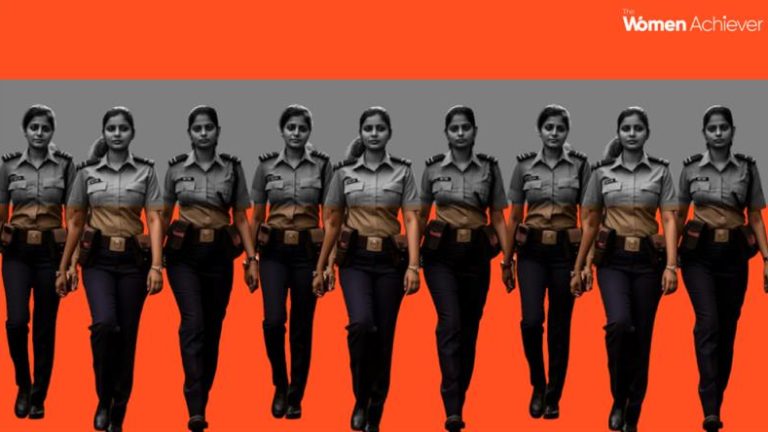Here’s about Bihar’s Makeup Ban for Women Cops: A Policy That’s More Patriarchal Than Professional
In a move that has drawn widespread criticism, the Bihar Police Department recently issued a directive forbidding female constables from wearing makeup while on duty. The official rationale? To maintain discipline and uniformity. But many are asking: where does professionalism end and patriarchal policing begin?
The Policy: A Closer Look
The circular reportedly bans women officers from using cosmetics like lipstick, kajal, eyeliner, nail polish, and even mehendi. Those who violate the directive may face disciplinary action. While similar grooming standards exist in many professions, what makes this rule controversial is its gender-specific nature and apparent obsession with external appearance—only for women.
Why It’s Problematic
Gender Bias in Disguise:
No such restrictions have been placed on male officers. The one-sided nature of the ban highlights how women are still judged more on how they look than how they perform.
Professionalism ≠ Policing Women’s Appearance:
Wearing lipstick or nail polish doesn’t make an officer less competent. Linking personal grooming choices with professional conduct is a reductive—and regressive—approach.
Undermining Women’s Autonomy:
This move takes away a woman’s right to express herself—even modestly. In a profession where women already struggle for acceptance, such restrictions only deepen the divide.
The Larger Picture: Patriarchy in Policy
Bihar’s decision is not an isolated incident. It echoes a long-standing pattern of moral policing that disproportionately targets women. Instead of addressing structural issues like training gaps, safety, or gender-based discrimination within the force, this policy chooses to micromanage mascara.
This also feeds into the dangerous narrative that women must constantly adjust their behavior and appearance to “fit in” rather than changing the system to be more inclusive and respectful.
What Needs to Change
Gender-Neutral Guidelines:
If discipline is the goal, grooming standards should be clearly defined and apply equally to all genders.
Focus on Performance, Not Appearance:
Evaluation of police personnel must be based on their conduct, efficiency, and public service—not cosmetic choices.
Encouraging Inclusivity:
Instead of isolating or controlling women, the police force should aim to create a supportive and equal working environment that respects personal autonomy.
Conclusion: A swipe of lipstick should not trigger a policy change. Bihar’s makeup ban for women cops reeks of patriarchal overreach, dressed up as a professional guideline. If we are to build a more equitable police force, it starts with respecting women—not regulating them.






Add comment